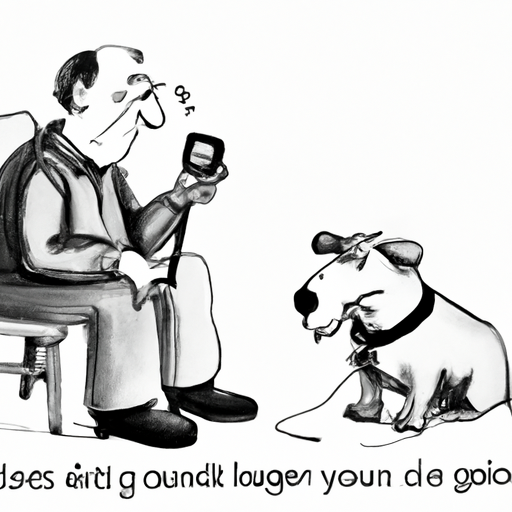As a caregiver, your pet’s health is undoubtedly a significant concern to you. High glucose levels in dogs can lead to diabetes, a condition that requires ongoing management and care. Here’s what you need to know and what you can do if your dog’s glucose levels are high.
Understanding the Role of Glucose in Dogs
Every living creature needs glucose. It’s the primary source of energy for the body’s cells. But when glucose levels in the blood become too high, it can lead to health problems. In dogs, the most common issue associated with high glucose levels is diabetes mellitus, often simply referred to as diabetes.
The Causes of High Glucose Levels in Dogs
There are several factors that can cause high glucose levels in dogs:
- Diet: A diet high in sugar and carbs can lead to high glucose levels.
- Lack of exercise: Physical activity helps regulate glucose levels in the body.
- Obesity: Excess weight can lead to insulin resistance, causing glucose levels to rise.
- Certain medications: Some drugs can increase glucose levels.
- Stress: Stress can cause a temporary rise in glucose levels.
Recognizing the Symptoms of High Glucose Levels in Dogs
Knowing the signs of high glucose levels can help you act swiftly. Common symptoms include:
- Increased thirst and urination
- Weight loss despite normal or increased appetite
- Fatigue and weakness
- Cloudy eyes (a sign of cataracts, which can be caused by diabetes)
- Chronic skin infections
Managing High Glucose Levels in Dogs
Managing high glucose levels typically involves dietary changes, increased exercise, and in some cases, insulin therapy.
| Management Strategy | Details |
|---|---|
| Diet | Low-sugar, high-protein diet |
| Exercise | Regular, moderate exercise |
| Medication | Insulin therapy as prescribed by a vet |
Seeking Veterinary Care for High Glucose Levels
If you suspect your dog has high glucose levels, seek veterinary care immediately. Your vet can perform tests to diagnose the condition and provide treatment options.
Frequently Asked Questions
Q: Can high glucose levels be fatal in dogs?
A: If untreated, high glucose levels can lead to serious complications, including diabetic ketoacidosis, which can be fatal.
Q: How can I prevent my dog from getting high glucose levels?
A: Regular exercise, a healthy diet, and regular vet check-ups can help prevent high glucose levels.
Q: Can high glucose levels be cured?
A: While there’s no cure for diabetes, it can be managed with proper care and treatment.
Remember, as a caregiver, your role is pivotal in managing your dog’s health. Stay vigilant, act promptly and consult your vet regularly.



